The Australia-Asia Power Link
New electricity infrastructure will see solar power exported from Down Under to Singapore
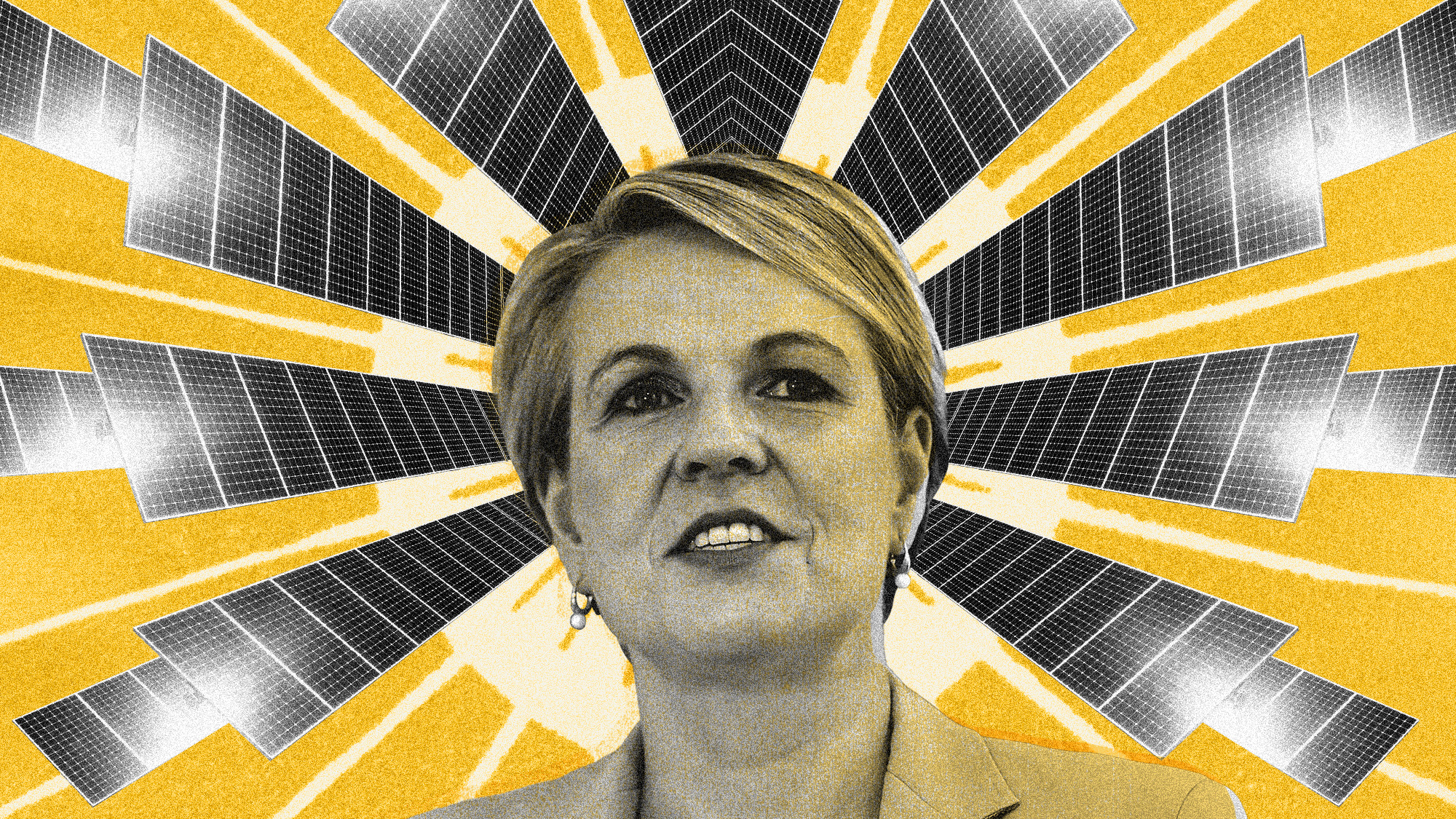
A free daily email with the biggest news stories of the day – and the best features from TheWeek.com
You are now subscribed
Your newsletter sign-up was successful
The Australian government has approved a $19bn solar power project to export electricity to Singapore, hailing it as a "generation-defining piece of infrastructure".
The landmark moment comes as coal and gas remain the largest sources of electricity generation Down Under, where energy is a "politically fraught issue", said Al Jazeera.
Daunting but not insurmountable
The new project, known as the Australia-Asia Power Link (AAPowerLink), proposes a 12,000 hectare (46 square mile) solar farm in a remote part of Australia's Northern Territory.
The Week
Escape your echo chamber. Get the facts behind the news, plus analysis from multiple perspectives.

Sign up for The Week's Free Newsletters
From our morning news briefing to a weekly Good News Newsletter, get the best of The Week delivered directly to your inbox.
From our morning news briefing to a weekly Good News Newsletter, get the best of The Week delivered directly to your inbox.
The site will be capable of generating up to six gigawatts of electricity and will transport power to Darwin through an 800-kilometre (500 miles) overhead transmission line, then on to Singapore through a subsea cable. The accompanying batteries will mean "the juice flows 24/7", said The Register.
SunCable, owned by billionaire software tycoon Mike Cannon-Brookes, said the project will supply up to 15% of Singapore's energy needs once it's completed in the early 2030s.
"It will be the largest solar precinct in the world", said Tanya Plibersek, minister for the environment and water, and "heralds Australia as the world leader in green energy".
Plibersek's office added that the approval came with "strict conditions" to protect the natural environment, including avoiding the habitat of the greater bilby, a rabbit-like mammal considered susceptible to extinction.
A free daily email with the biggest news stories of the day – and the best features from TheWeek.com
Although it has won environmental approval in Australia, the project "still faces various other regulatory hurdles", said Al Jazeera, including assessments by authorities in Singapore and Indonesia. SunCable also still needs approvals from indigenous groups in Australia.
Aussie tech entrepreneur Bevan Slattery, who has significant experience building submarine data cables, has issues with the scheme. He argued that the Darwin-to-Singapore route passes through some of the world's most dangerous waters, with high levels of tectonic and volcanic activity.
However, the scale of the project is "daunting but not insurmountable", said The Register. The 800km transmission line to Darwin is "also not terrifying" because it will share a rail corridor and therefore be accessible. "It's also not very long, as such things go", it added.
Solar vulnerabilities
The development comes at a time of deep division on energy in Australia. Although the governing centre-left Labor Party and opposition centre-right Liberal Party have both committed to reaching net zero emissions by 2050, the parties "disagree on the steps for getting there", said Al Jazeera.
For instance, when the Liberal Party proposed constructing the country’s first nuclear power plants this summer, Labor Prime Minister Anthony Albanese dismissed the idea as an un-costed "thought bubble".
Plibersek said that Australians "have a choice between a renewable energy transition that’s already under way creating jobs and driving down prices", or "paying for an expensive nuclear fantasy that may never happen".
Although Australia has "long been a global leader in solar energy adoption", said News.Az, around 99% of panels are imported, exposing "vulnerabilities" in Australia's renewable energy supply chain.
So the Solar SunShot project – an initiative to boost domestic solar panel production – is a "key component" of Australia's "broader strategy" to "secure its place as a global leader in the renewable energy sector".
Chas Newkey-Burden has been part of The Week Digital team for more than a decade and a journalist for 25 years, starting out on the irreverent football weekly 90 Minutes, before moving to lifestyle magazines Loaded and Attitude. He was a columnist for The Big Issue and landed a world exclusive with David Beckham that became the weekly magazine’s bestselling issue. He now writes regularly for The Guardian, The Telegraph, The Independent, Metro, FourFourTwo and the i new site. He is also the author of a number of non-fiction books.
-
 The environmental cost of GLP-1s
The environmental cost of GLP-1sThe explainer Producing the drugs is a dirty process
-
 Greenland’s capital becomes ground zero for the country’s diplomatic straits
Greenland’s capital becomes ground zero for the country’s diplomatic straitsIN THE SPOTLIGHT A flurry of new consular activity in Nuuk shows how important Greenland has become to Europeans’ anxiety about American imperialism
-
 ‘This is something that happens all too often’
‘This is something that happens all too often’Instant Opinion Opinion, comment and editorials of the day
-
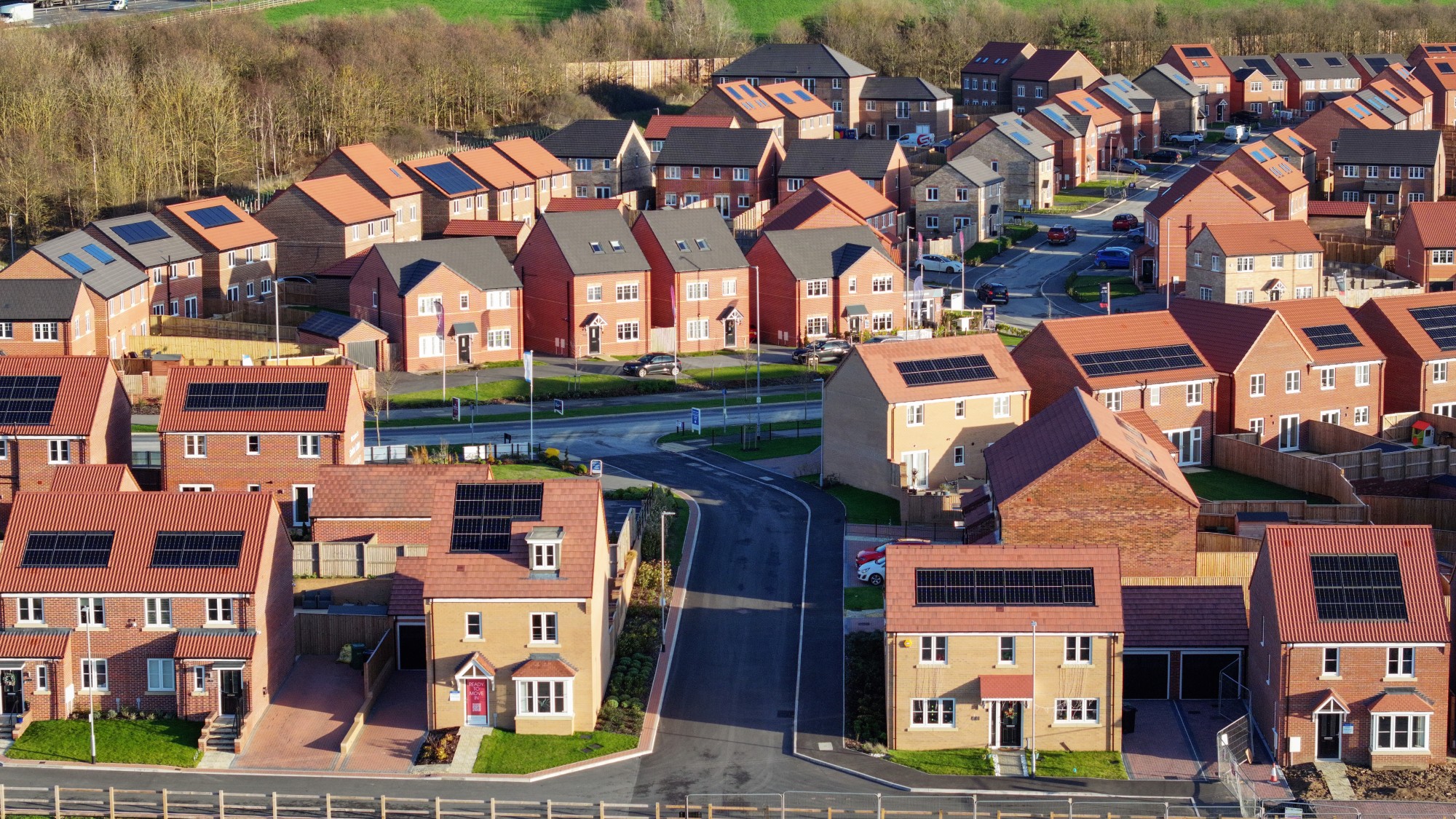 Zero-bills homes: how you could pay nothing for your energy
Zero-bills homes: how you could pay nothing for your energyThe Explainer The scheme, introduced by Octopus Energy, uses ‘bill-busting’ and ‘cutting-edge’ technology to remove energy bills altogether
-
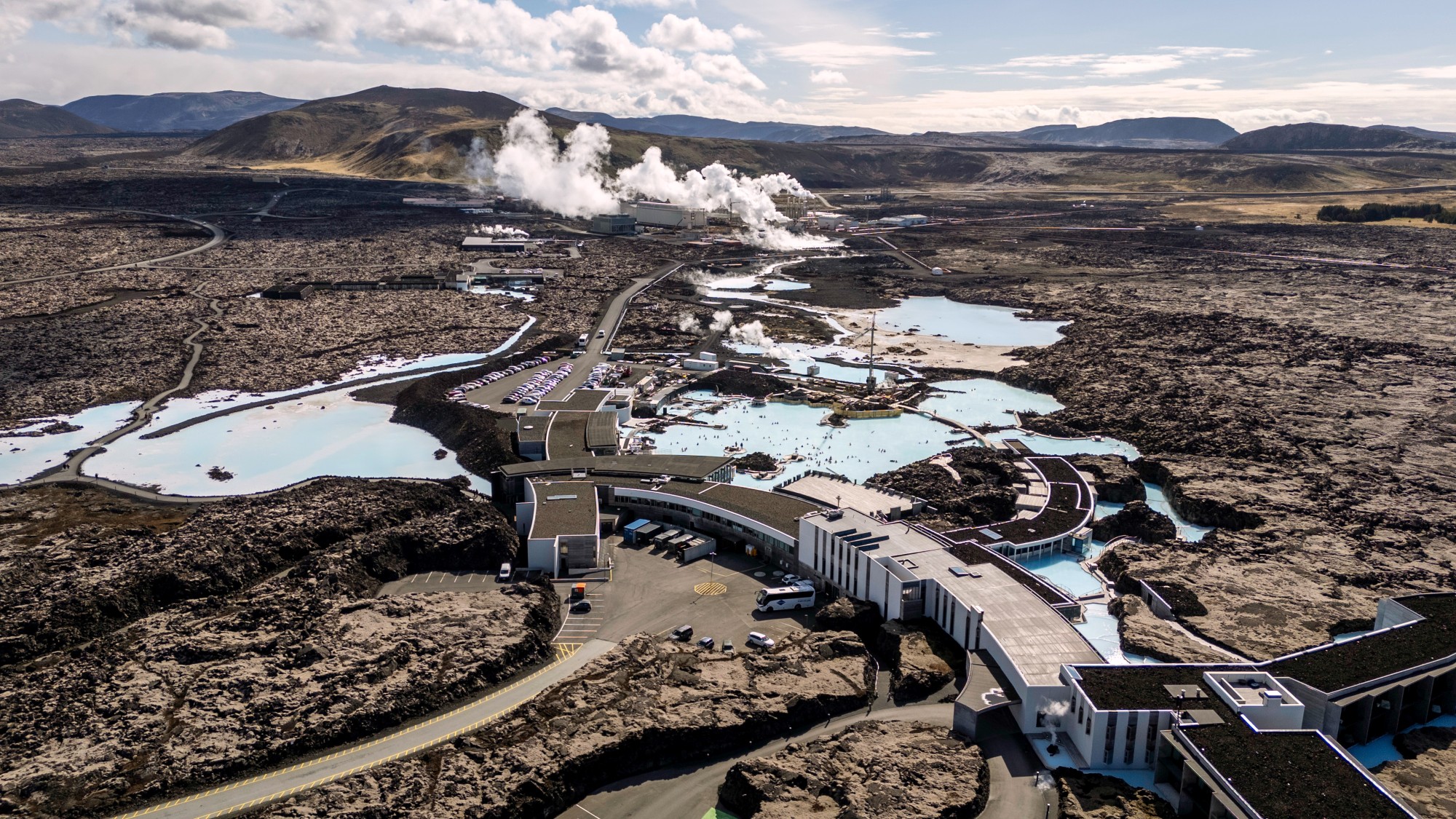 Pros and cons of geothermal energy
Pros and cons of geothermal energyPros and Cons Renewable source is environmentally friendly but it is location-specific
-
 Builders return to the stone age
Builders return to the stone ageUnder the Radar With brick building becoming ‘increasingly unsustainable’, could a reversion to stone be the future?
-
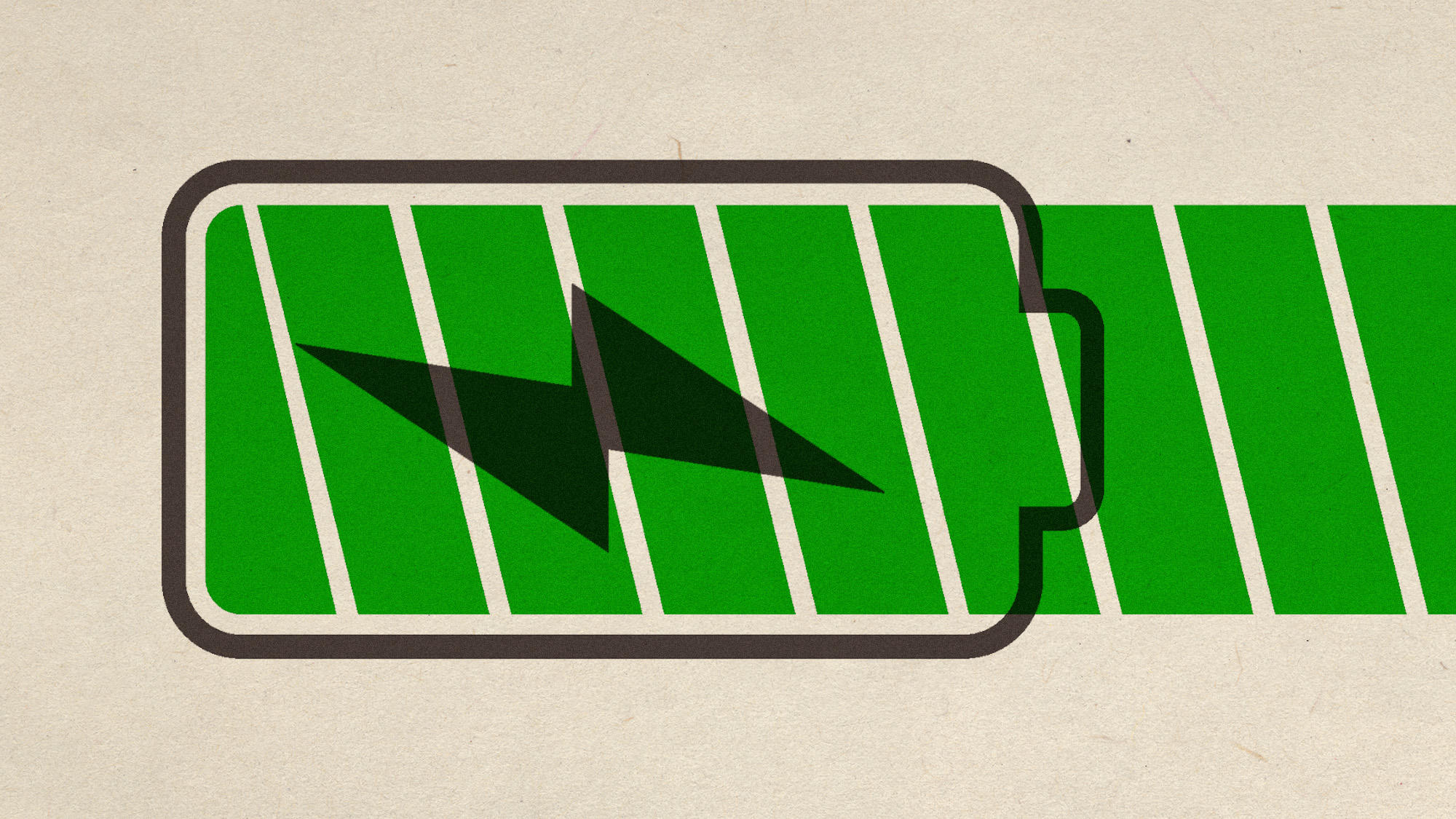 Megabatteries are powering up clean energy
Megabatteries are powering up clean energyUnder the radar They can store and release excess energy
-
 Renewables top coal as Trump seeks reversal
Renewables top coal as Trump seeks reversalSpeed Read For the first time, renewable energy sources generated more power than coal, said a new report
-
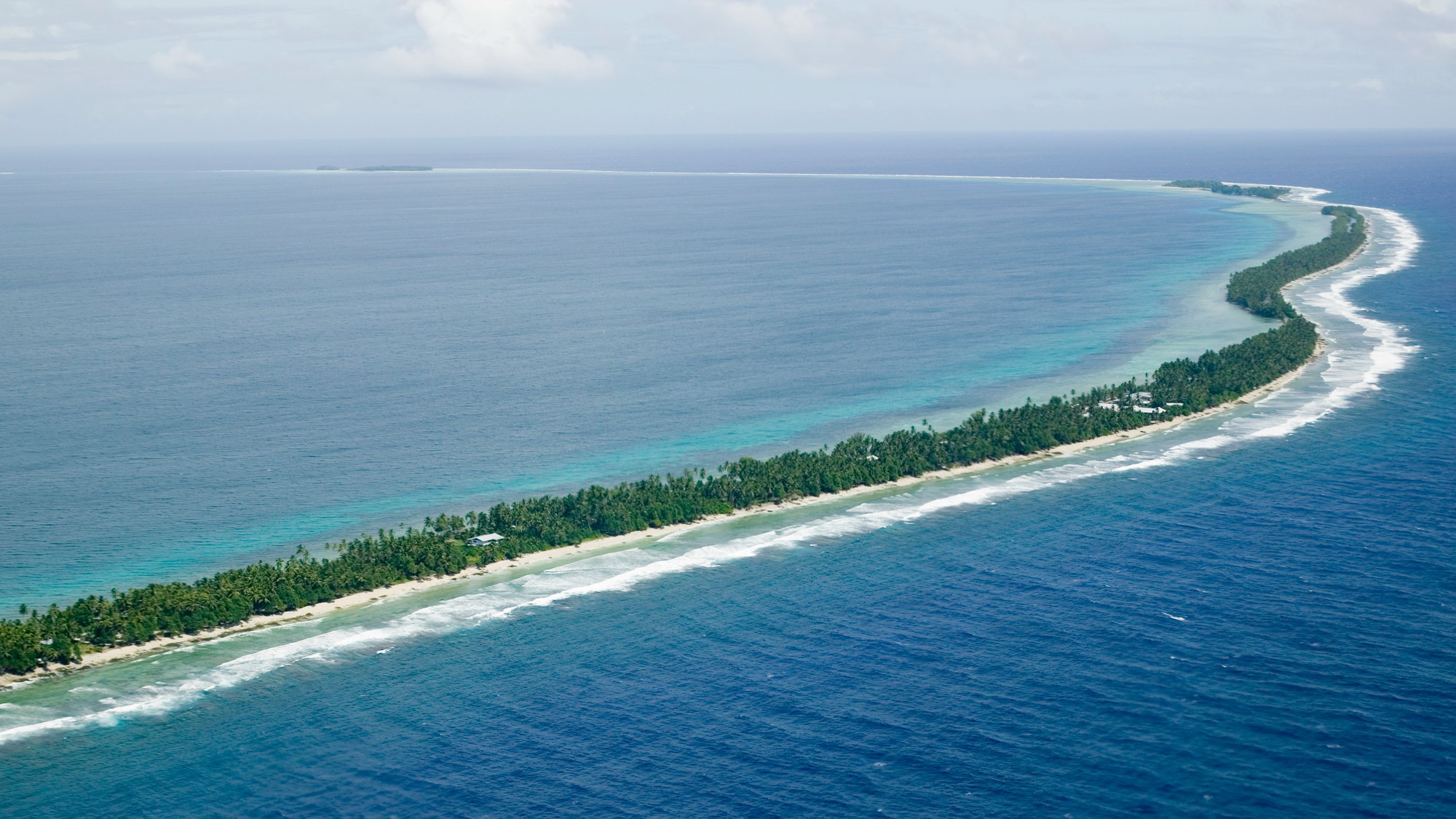 Tuvalu is being lost to climate change. Other countries will likely follow.
Tuvalu is being lost to climate change. Other countries will likely follow.Under the Radar Sea level rise is putting islands underwater
-
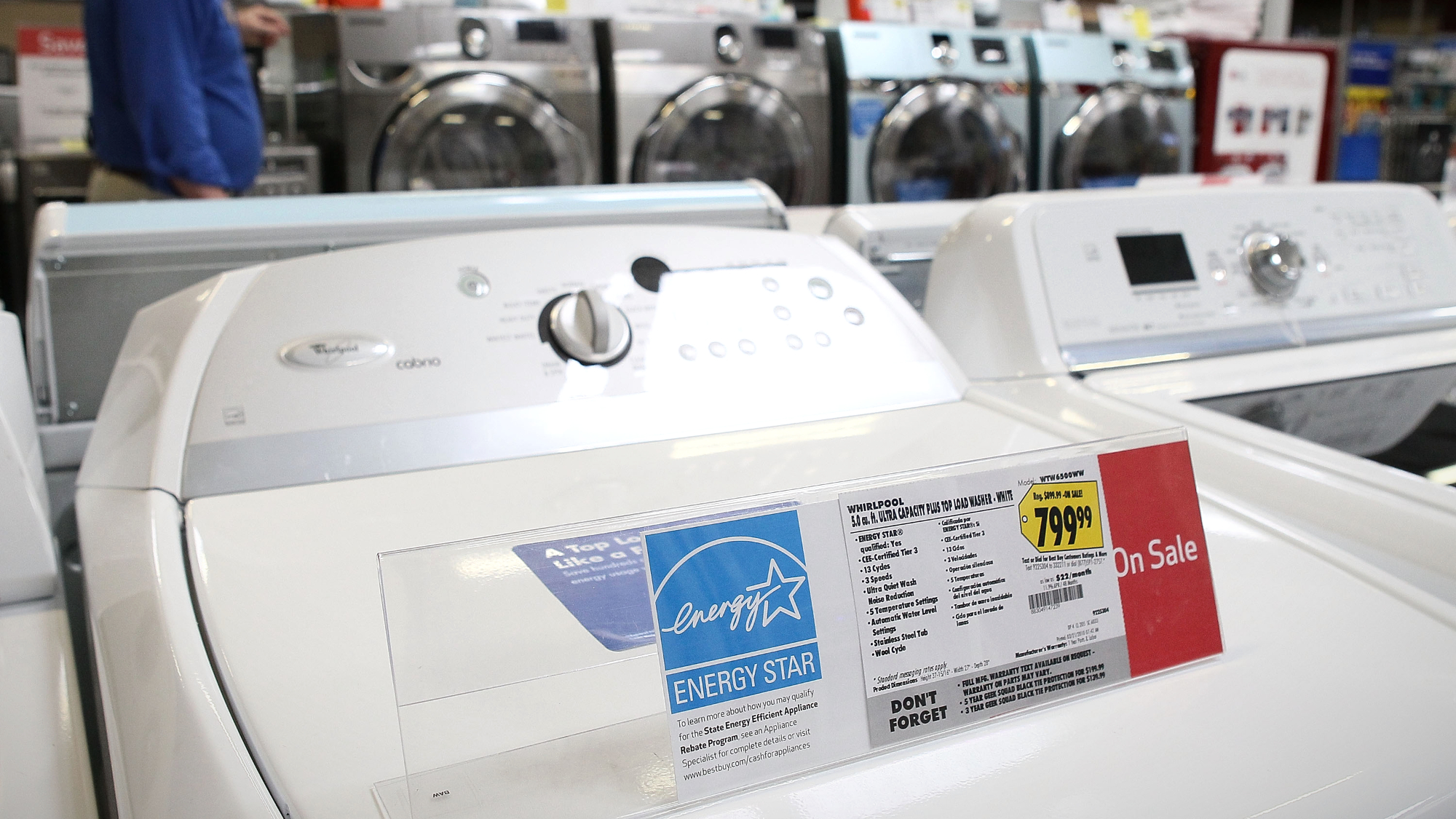 EPA is reportedly killing Energy Star program
EPA is reportedly killing Energy Star programspeed read The program for energy-efficient home appliances has saved consumers billions in energy costs since its 1992 launch
-
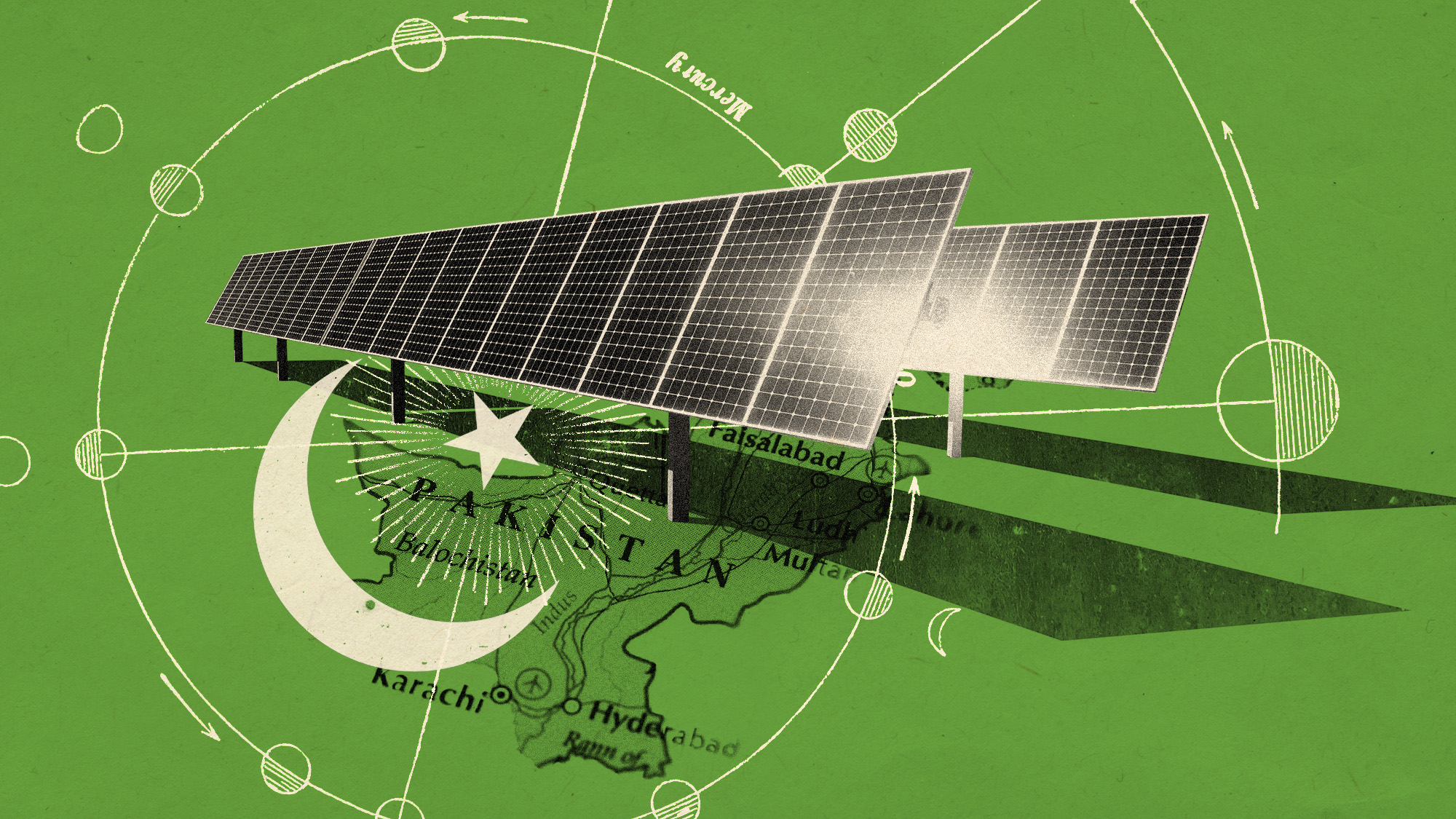 Pakistan's solar panel boom
Pakistan's solar panel boomUnder The Radar A 'perfect storm' has created a solar 'revolution' in the south Asian country